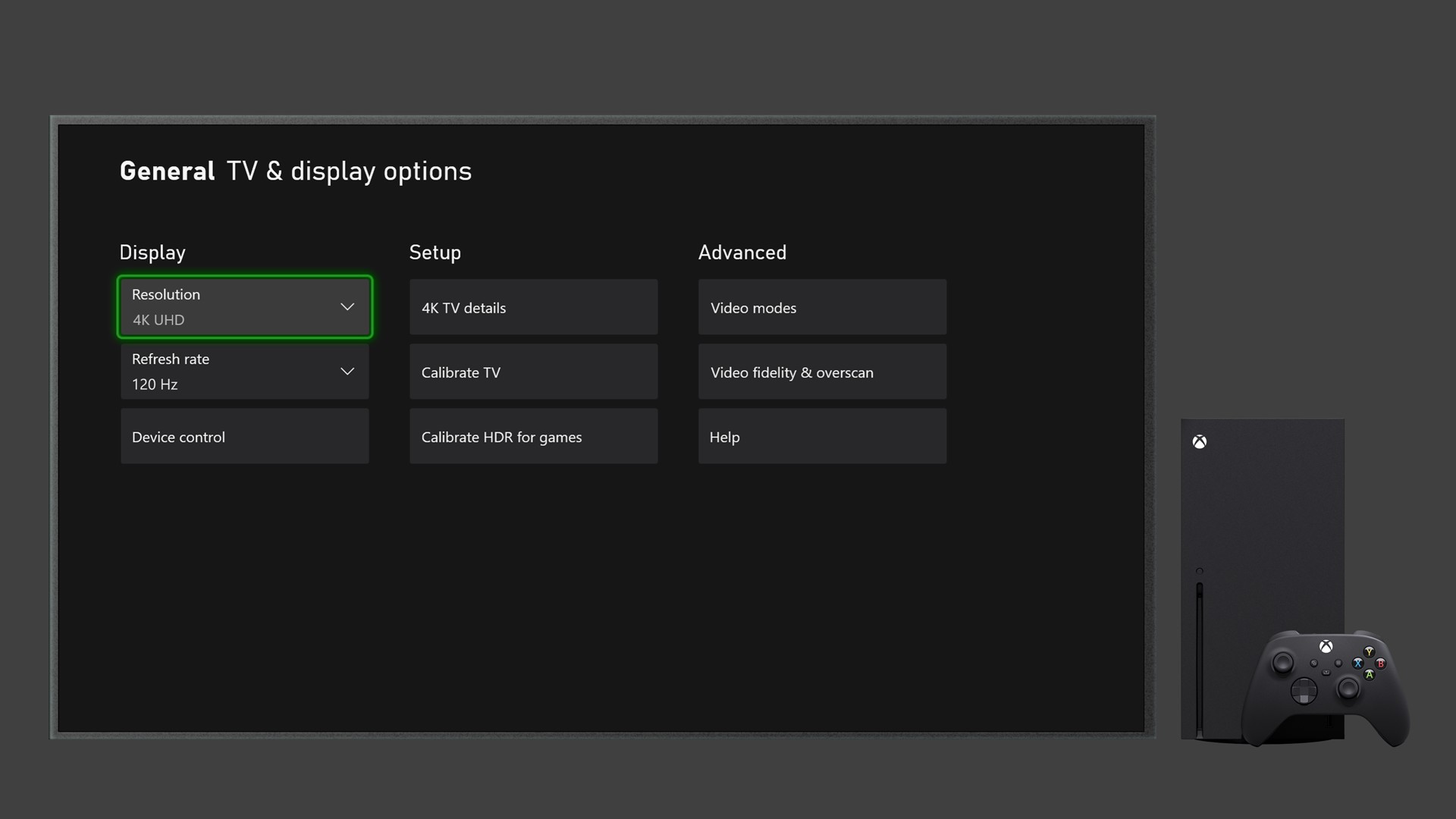

- #Cardcaptor sakura the movie discotek full
- #Cardcaptor sakura the movie discotek license
- #Cardcaptor sakura the movie discotek series
- #Cardcaptor sakura the movie discotek tv
#Cardcaptor sakura the movie discotek series
The manga series was awarded the Seiun Award for Best Manga in 2001. Critics praised the manga for its creativity and described it as a quintessential shōjo manga, as well as a critical work for manga in general.
#Cardcaptor sakura the movie discotek tv
The TV series was also released by Madman Entertainment in Australia and New Zealand.Ĭardcaptor Sakura was critically well received. The TV series and films were sub-licensed by Geneon, which released them unedited with English subtitles. Cardcaptors also aired on Cartoon Network ( Toonami), Teletoon, Nickelodeon, Channel 4, Network Ten, and RTÉ2.
#Cardcaptor sakura the movie discotek full
All 70 episodes were dubbed while other English-speaking territories received the full run, the version aired on American television was heavily edited into 39 episodes. Nelvana licensed the TV series and first film for North America under the English title Cardcaptors, which first aired on Kids' WB from June 2000 to December 2001. The anime was dubbed in English by Hong Kong's Omni Productions, and was aired in Southeast Asia and South Asia on the channel Animax Asia.
#Cardcaptor sakura the movie discotek license
After Tokyopop's license expired, Dark Horse Manga released the series in omnibus editions from October 2010 to September 2012. Tokyopop released the manga in English in North America from March 2000 to August 2003. Additional media include two anime films, video games, art books, picture books, and film comics. The manga was adapted into a 70-episode anime television series by Madhouse that aired on Japan's satellite television channel NHK BS2 from April 1998 to March 2000.

A sequel by Clamp, Cardcaptor Sakura: Clear Card, focusing on Sakura in junior high school, began serialization in Nakayoshi in 2016. Each of these cards grants different magical powers, and can only be activated by someone with inherent magical abilities. The story focuses on Sakura Kinomoto, an elementary school student in Japan who discovers magical powers after accidentally freeing a set of magical cards into the world she must retrieve the cards to prevent catastrophe. The manga was originally serialized in Nakayoshi from May 1996 to June 2000, and published in 12 tankōbon volumes by Kodansha from November 1996 to July 2000.

Together, the "Cardcaptor Sakura" (via IMDb) and "Cardcaptor Sakura: The Clear Card Arc" (via IMDb) TV shows ran for a total of 92 episodes and led to three movies, with varying levels of fidelity to the original manga. Even "The 13 Ghosts of Scooby-Doo" follows that monster of the week formula. Sakura discovers that she is a magician, and she uses her newfound powers to capture each card (hence the name of both the manga and anime).Īnime and manga fans will recognize the "Gotta catch 'em all" element of the plot of "Cardcaptor Sakura" from shows like "Pokémon" and "InuYasha." Nothing fills out a television show quite as well as unleashing a seemingly endless supply of monsters on the world that only your protagonist can tame. These items are Tarot-like cards that turn into magical creatures. Running from 1998 to 2000 (with a sequel series debuting in 2018), the anime is based on the manga by CLAMP (via Anime News Network), who also made the anime series "Code Geass." The shoujo (younger female-targeted) anime series follows Sakura Kinomoto as she tries to capture the Clow Cards. "Cardcaptor Sakura" was one of the classic magical girl anime series of the '90s and 2000s.


 0 kommentar(er)
0 kommentar(er)
